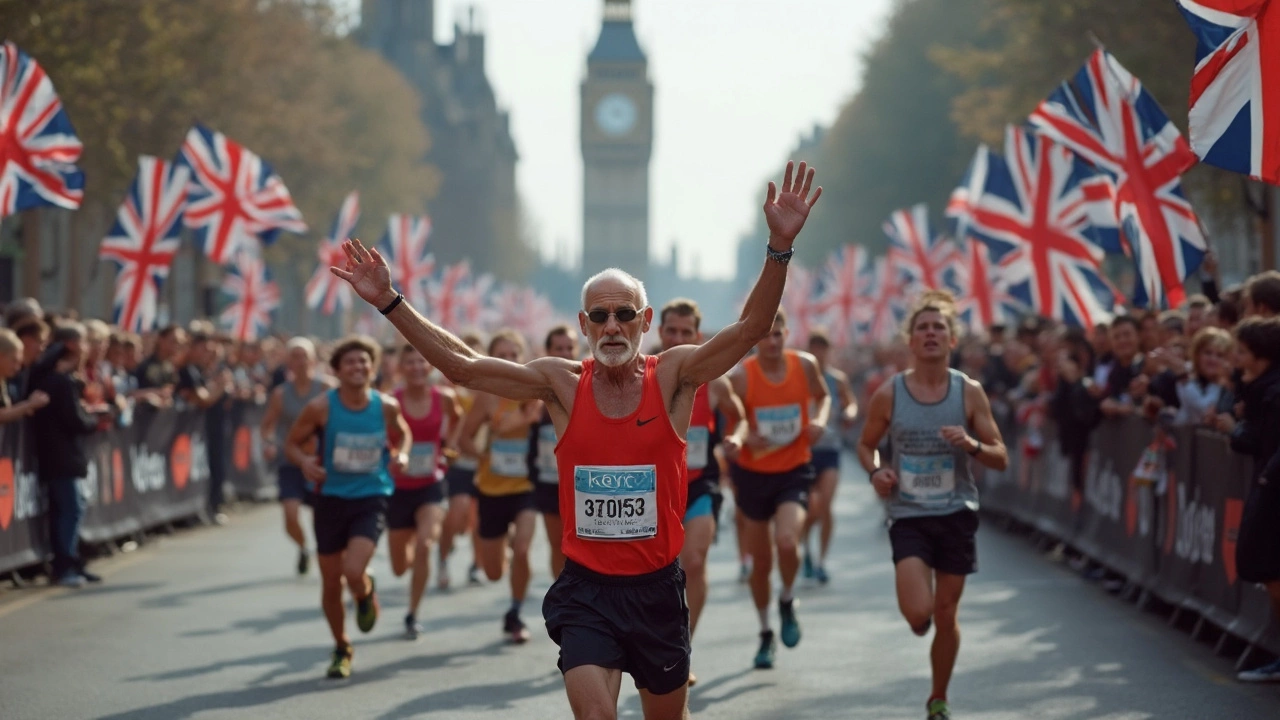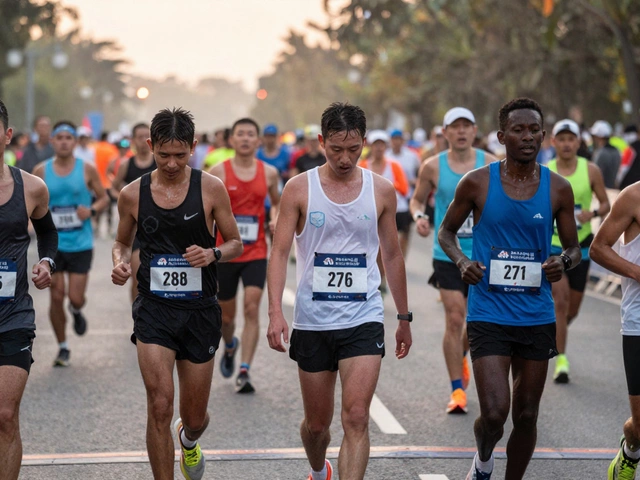Marathon Records: The Ultimate Guide to Peak 42.195 km Performances
When you look at marathon records, the officially recognized fastest times for the 42.195‑kilometre distance. Also known as marathon bests, they reflect the limit of human endurance, race organization standards, and the technology used on race day. Marathon records are built on three core pillars: the athlete’s training program, the structured plan of mileage, speed work, and recovery designed to peak at race day, the running shoes, footwear that offers cushioning, stability and energy return for long‑distance effort, and the race timing, chip‑based systems that capture split and finish times with millisecond accuracy. Together they create the conditions where an endurance athlete can shatter previous marks. In short, marathon records encompass official times, require precise training, depend on supportive gear, and are captured by advanced timing technology.
Why Marathon Records Matter for Every Runner
For anyone who’s laced up for a long run, understanding how marathon records are set offers a roadmap to personal improvement. The same training program that elite runners follow—periodized mileage, tempo runs, and interval sessions—can be scaled to suit beginners or seasoned club members. Choosing the right running shoes isn’t just about brand loyalty; it’s about matching foot type, pronation, and the impact forces generated over 26.2 miles. Moreover, race timing devices let you track splits in real‑time, so you can adjust pace on the fly, a tactic that top record‑holders rely on to avoid “hitting the wall.” When you combine an evidence‑based training plan, gear that reduces fatigue, and accurate timing feedback, you’re essentially applying the same formula that produces world‑class marathon records. That formula also highlights the role of race organizers, who must ensure certified courses, proper timing mats, and fair competition—factors that give legitimacy to every new record.
Below you’ll find a collection of articles that dive deeper into each piece of the puzzle: from choosing beginner‑friendly running shoes and building an effective endurance training routine, to understanding the technology behind race timing and the history of marathon bests. Whether you’re aiming to qualify for a major marathon, improve your personal best, or simply marvel at how athletes push the limits, these resources will give you practical insights and a clear view of what makes marathon records possible. Let’s explore the data, gear, and strategies that power the fastest finishes on the planet.
Discover the craziest and slowest marathon finish on record, and what it tells us about marathon history. Find out how time limits work, and learn tips for completing a marathon no matter your pace. We'll bust myths about what's considered 'too slow' and show why finishing is a victory in itself. Get practical advice for training at your own speed, and see how even record-slow times have a lesson for every runner.
READ MORE





